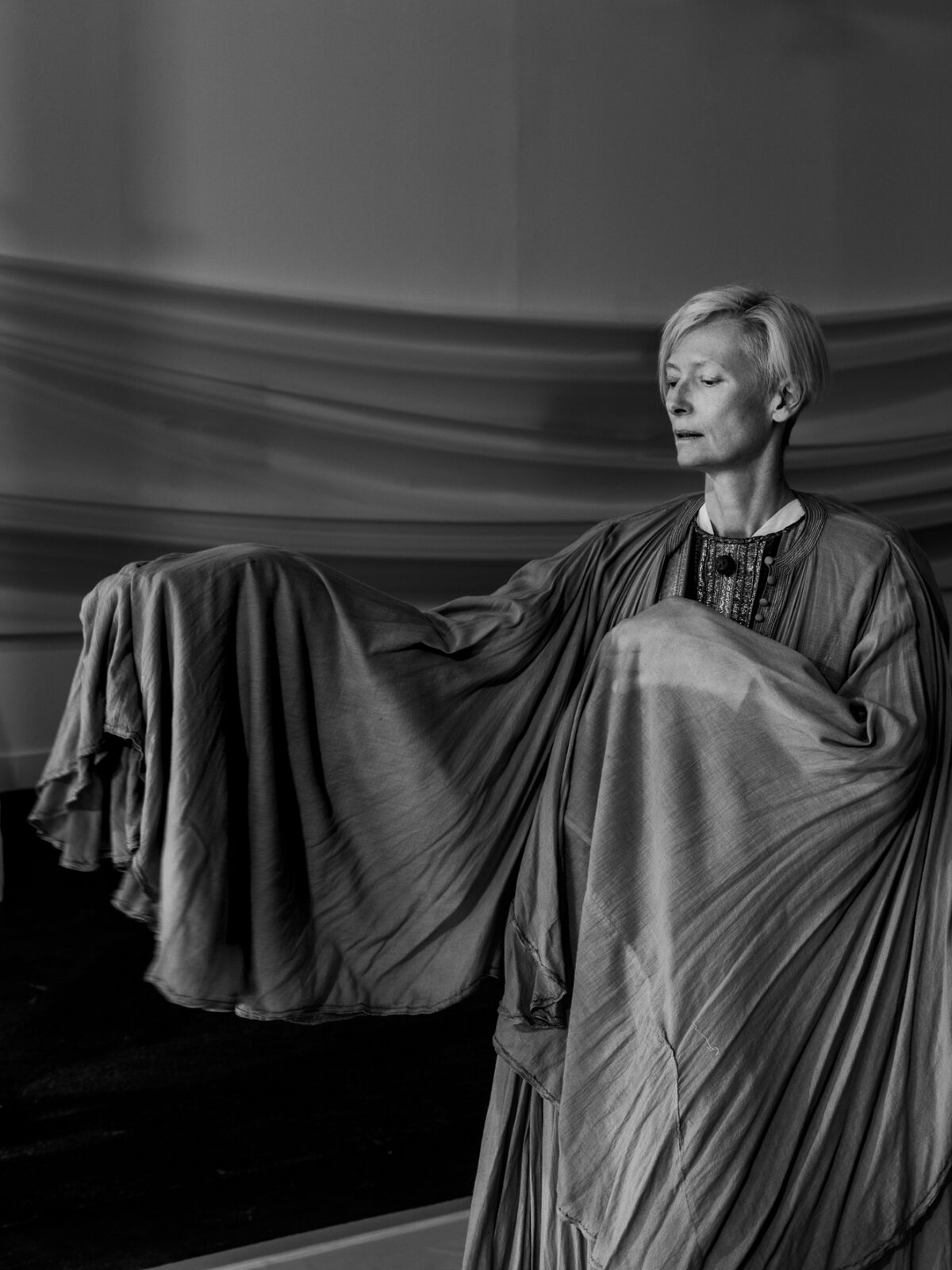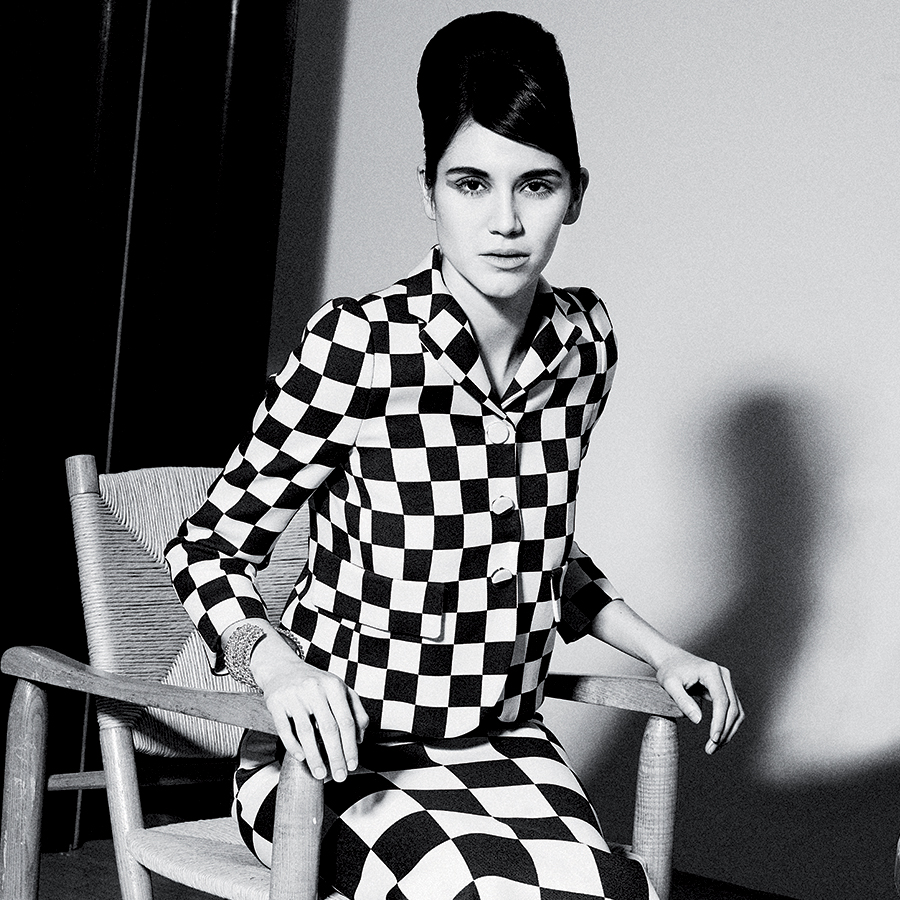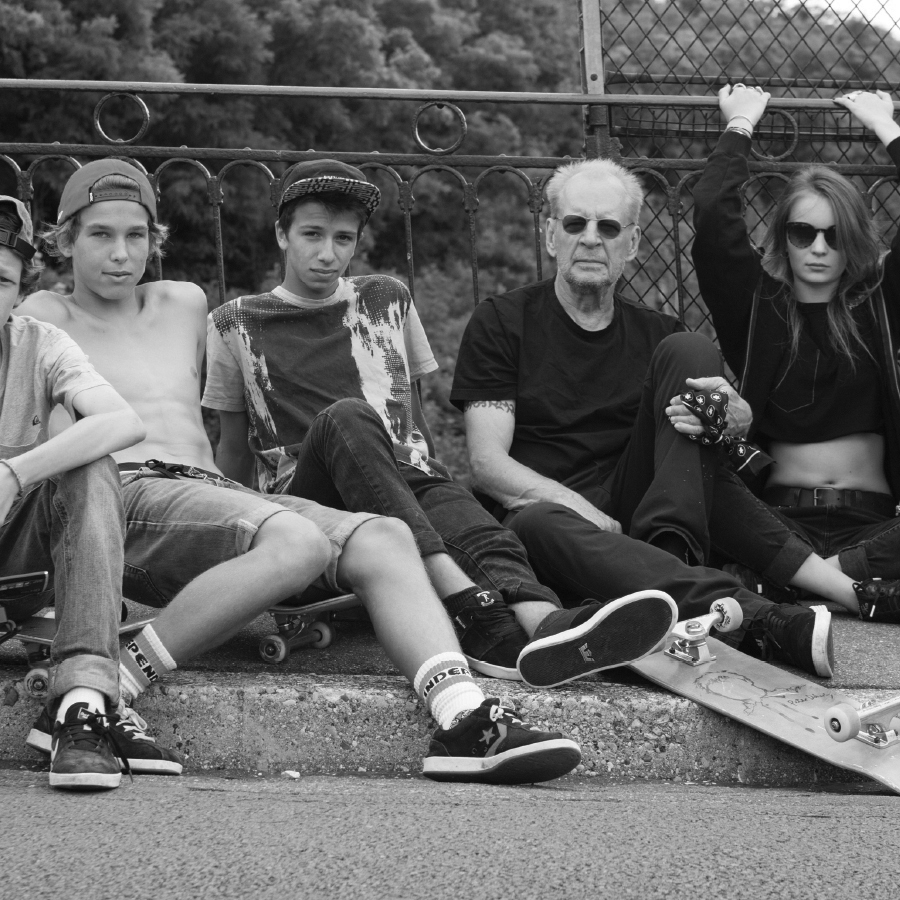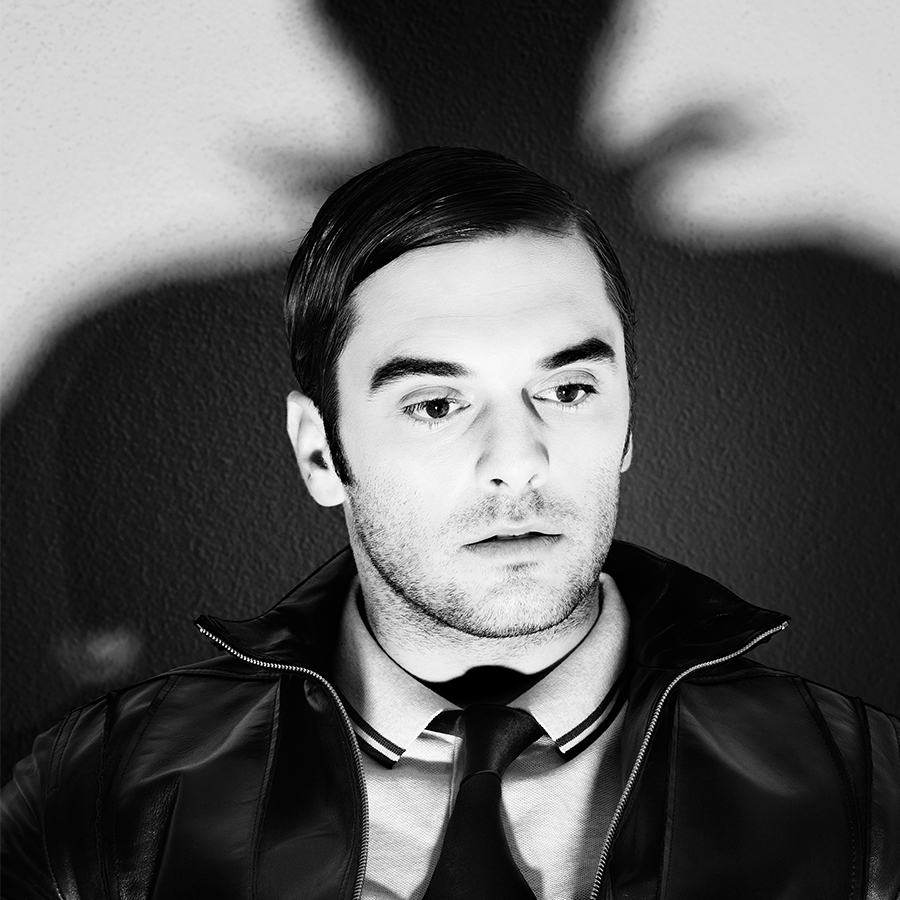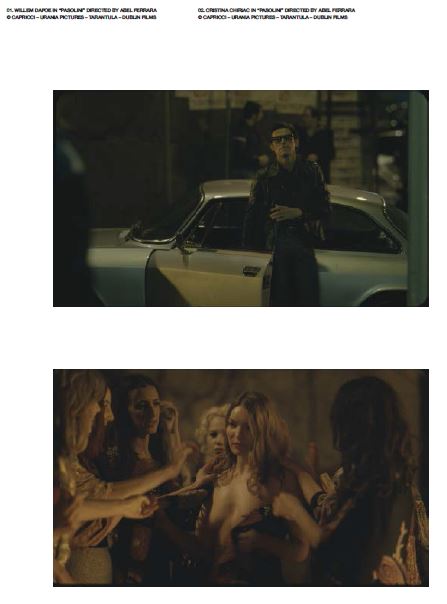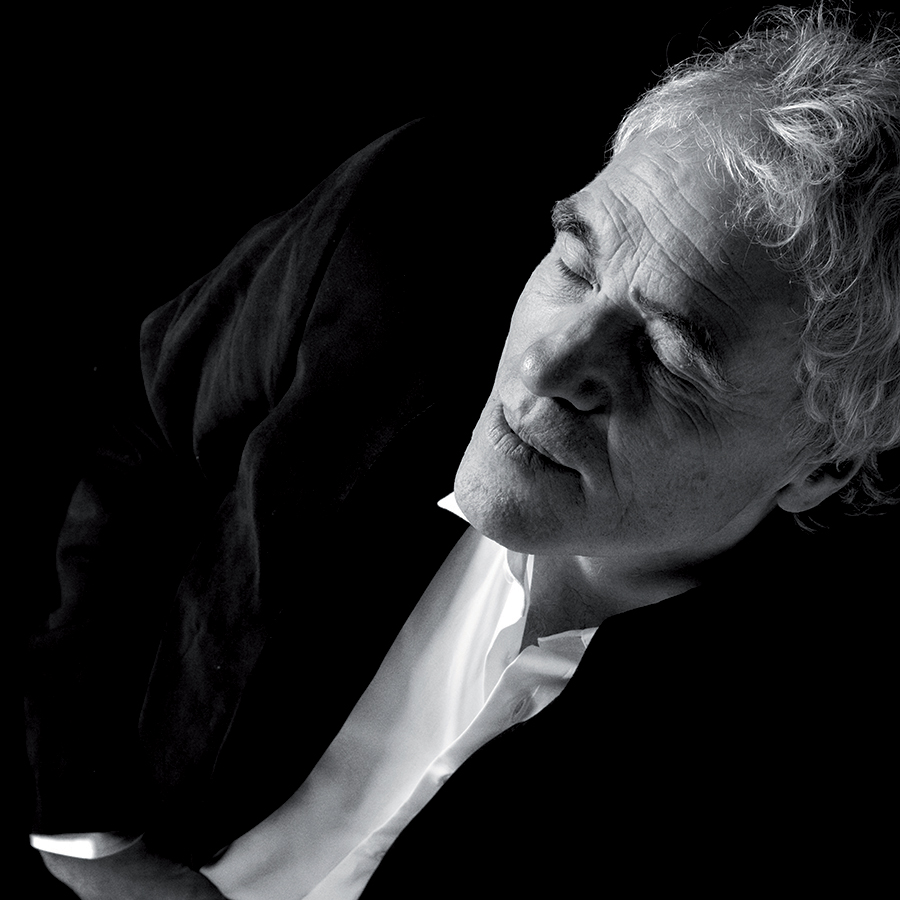
ABEL FERRARA ON PASOLINI
By Crash redaction
ALMOST FORTY YEARS HAVE PASSED SINCE THE BRUTAL MURDER OF PIER PAOLO PASOLINI ON NOVEMBER 1, 1975. IN TRIBUTE TO THE ITALIAN WRITER AND FILMMAKER, AMERICAN DIRECTOR ABEL FERRARA HAS PRODUCED A MOVING PORTRAIT CENTERING ON THE LAST DAY OF HIS LIFE, JUST BEFORE HE WAS KILLED. MOST COMPELLINGLY, THE FILM CASTS PASOLINI’S LAST MOMENTS IN THE LIGHT OF HIS LAST WORKS, NOTABLY THE RECENTLY COMPLETED “SALÒ”, THE SCREENPLAY “PORNO-TEO-KOLOSSAL”, THE UNFINISHED NOVEL “PETROLIO” AND THE LAST LETTERS FROM HIS CORRESPONDENCE.
In typical fashion, abel ferrara showcases his indie sensibility and outsider position within the american film industry. on the acting front, willem defoe makes for a brilliant pasolini, portraying the man with brio even as the dialogue alternates between english and french. shot by stefano falivene, the cinematographer of “mary”, this intimate portrait of pier paolo pasolini offers a profound meditation on the italian master, a poet in every sense and a virulent critic of the italian government and society of his day. after several films set in italy, including “china girl”, “king of new york” and “the funeral”, abel ferrara’s latest film feels like a homecoming of sorts, recalling his probing investigation of italy and europe in “napoli, napoli, napoli”. Beyond geography, the pasolini biopic also sees ferrara return to the theme of endings, as in “4:44 last day on earth”. in a vein that remains truthful to the spirit of pasolini, it is safe to say that his violent death still resonates with all the apocalyptic force of the end times.
Why did you choose to make a film about pasolini?
Did we choose him, or did he choose us? He is such a part of our lives, you know. I first was intro-duced to him ages ago. And over the course of time, i was living in rome, Making films in rome, working with people who worked for him. The project has been presented to me a few times so it is obviously some kind of fate, like somebody has got To make this movie. I thought: “who else is going to do it? Somebody has to do it, so we must to do it right”.
The film depicts the last day of pasolini’s life. do you think he had any sense he might be murdered?
I wouldn’t go that far. He knew he was leading a dangerous life and he was pushed to the edge, which is death. He was picking up murderers in the middle of the night, in a train Station, and he was playing all kinds of crazy games with these kids. Is there a possibility that he thought he would die that night? I doubt that. This guy was full of dreams; he was full of life, full of plans. He was a bit bummed out by the way this damned country has gone and about how the world is turning out. If he knew, i’m sure he would have come up with a strategy, with a game plan.
Is there a reason your film opens with “salò” and closes with pasolini’s murder?
I’m sure this film was a part of the life he was living. You can’t separate his life from his movies and his work. With the life he was living in november 1975, if you look at “salò”, you can imagine what was going on around him, and especially when he was cruising those stations, this wild world. Those kids he was picking up, they were killers; and what i mean by killers, they just beat him to death. They were 15 years-old kids who shot him, which is a whole new deal. And pasolini was looking for them, he was not cruising on university campuses, looking for good looking literature students, he was going for violent deals and his films were all reflections of that.
What do you think about fascism and sex in “salò”?
Everything is related to sex. When i hear the word “fascism”, it’s a very specific vision of the se-cond world war, i’m not thinking about it as a philosophical concept. We talk about power and pressure, sex and power… to me, “salò” is a documentary on what these guys were actually doing. You put a camera inside their house, and you see what they were doing there, what they are doing now… a damned excuse for raping and torturing people.
In your movie, you quote pasolini as saying, “we are all in danger”. what is the danger?
At this point, it’s not about a balance. It’s the same thing with gangs in america. The moment you fight with sticks, knives and chains, you’ll soon be shooting each other. Then once you start to put a focus on what everybody wants, that’s not balanced anymore. Like everybody wants a watch. Either i’ll work for it or i’ll rob somebody for it. Nobody will be able to stop these people from murder. The desire and necessity for that watch is so high that your life is worth nothing for them. This means, “i’ll take your life, and you can’t hide from that”. In the same way you couldn’t hide from the gestapo, you can’t hide from that. You can’t build a wall around your house; you can’t live in a guarded protected community; you can’t say, “i’ll live outside of that”.
In your opinion, what does pasolini represent to italy?
Well, i can’t speak for italy! What does he represent to me? He is an expression of freedom, an ex-pression of the individual. He is part of the tradition and at the same time he created a tradition. As bertolucci said, it was very simple. Pasolini was a good guy in the true sense of the word. He treat-ed people right; he lived with compassion; he lived all his life with energy and a desire to write, to paint, to act, to direct, to create. He was full of compassion, a desire, a need, to educate, to be. You know, i was a teacher. That’s where it started for me. I’m a writer, but a writer is a teacher. That is why i call this guy a maestro.
Willem dafoe playing pasolini is pure magic. we really get the sense that we are relating intimately with the character. What made that possible in your movie?
It’s not a about technique; it’s willem’s heart showing through. I just got the camera close enough to see. You can’t fake what the guy’s doing. It’s not a camera trick because the camera doesn’t lie. When you’ve got those two things, you’ve got emotion, truth.
The film contains several raw sex scenes with a lot of closeups, which is not out of the ordi-nary for your work. is this what pasolini imagined in his last writings, namely “petrolio” and “porno-teo-kolossal”?
The scene in hell is the same scene found in “petrolio”. We have been approaching “petrolio” as if it was a script. Same thing with “porno-teo-kolossal”. We just shot these scenes from his last writ-ings the way he laid them out.
How did you approach the casting process for the film?
We worked with the people who worked for the source. That’s why i used ninetto davoli. Because he knew pasolini; he acted for him. Same with adriana asti as susanna pasolini, the mother, who was a good friend – she also was bertolucci’s girlfriend. We went to the source. That was part of the strategy when we thought of this film. We went to the places he lived; we worked with people he knew. That’s how we chose to do this movie.
Now that you have done so many films, what are your feelings on cinema in general?
Cinema is my life. It’s the same feeling today as i’ve always had. It’s a tool i can use to express myself and my life. But film isn’t based on one idea. After shooting “pasolini”, i now have a billion ideas. When we try to find a subject or a story, it has to trigger the ideas. How long do i pursue something before i like it? The ideas come up as we shoot them. Basically, films aren’t one idea. “pasolini” isn’t an idea. You are going to make a film about him, and then you begin with different ideas, you ask yourself how you are feeling about it, you try to find material that’s rich, that you learn from, that you’re not in control of. Pasolini had so much work and we kept discovering more and more, what he has written, his letters for example…
As an independent filmmaker, how do you feel about shooting films in europe or outside the united states?
Right now it’s much more comfortable shooting in europe. It’s a tradition that i’m part of. It’s one you can take for granted if you live in europe, but if you live in the united states, it’s a revelation. I’m not about to give up that revolution. It’s all about doing a movie without fighting for the right to make it, and you have that here. The director makes the movie. It’s a simple concept. Try to explain that to these people in my country where filmmaking is like an enterprise, a group therapy! There’s a big difference between watching a movie and making a movie. In this matter, i have no respect for the american cinema milieu where i come from. But there is another tradition that i chose for myself: the tradition of john cassavetes.






